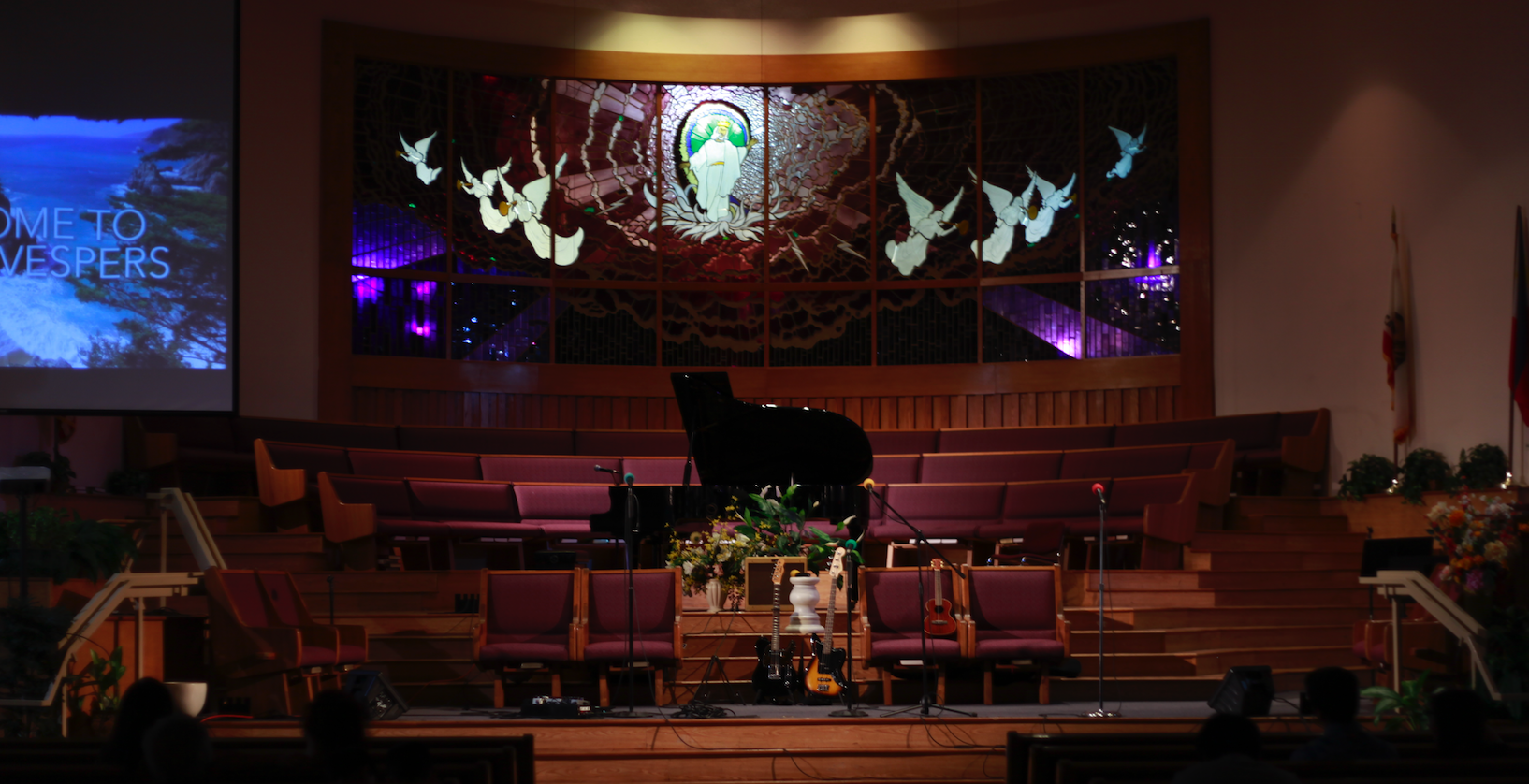Jane McGonigal, Ph.D., Director of Games Research and Development at the Institute for the Future and a New York Times best selling author talks about the close relationship between the mind and the body and how they both influence each other. We know much about how the mind influences the body but not so much how the body influences the mind.
She talks about certain bodily movements that can bring instant relaxation to the mind, boost the mood, strengthen the willpower, promote positivity and even establish closer friendships.
What’s interesting is a suggestion she makes about developing an open mind. She talks about having the hands open, turning the palms to face the ceiling and counting to 15. Before one finishes, he should start to notice a more open mind-set.
Researchers call this phenomenon embodied cognition in which the brain takes mental cues from physical gestures. It’s like when we offer someone a helping hand, ask for help or prepare to receive something, our palms are upturned; and when we reject something or push someone away, our palms are face out. And this study shows that thousands of ears of these human interactions may leave us biologically primed to draw openness from upturned palms.
Further examples of this are the positions we take in prayer. Kneeling down or reverently bowing the head sends a message of humiliation and worship to the brain. Putting the hands up cues the mind for praise and extending the hands out with open palms readies the mind to receive the blessings that are being asked for.
In the case of feeding of the 5,000 with the five loaves and two fishes, Jesus told the disciples to make the multitudes sit down. The people sat down in obedience to the instructions from the Lord. It showed their faith in Jesus’ ability to feed them and fill them up despite the meager provisions. The people sitting down gave a message to their brains that there was food that was going to be served and Jesus rewarded their faith in His power to provide.

